Quote:
Originally Posted by TexasBoi

That would be great if they would use that technology over the locomotive one and it would be better if it was successful. I find it much faster than regular locomotive engine commuter rail. Thanks for the info, jtk. Getting back to the current lines, one of you Dallasites need to be out there taking pictures once it opens this Fall at Fair Park. I can just imagine how crowded the trains will be during that time. DART will have very high ridership for the Texas State Fair. Also, I can't get enough of the MLK station. That's just one nice looking station.
|
The DCTA will be using DMU trains between Trinity Mills (Dart's Green Line) and Denton Texas. I guess somebody needs to define the various types of trains systems in the USA today.
Streetcars/Trolleys > Almost always a small tram running down city streets.
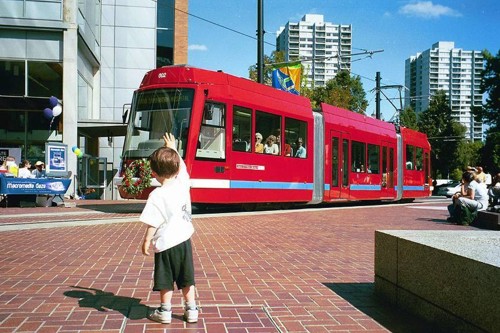
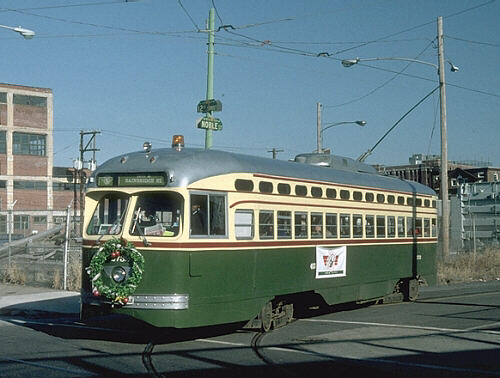
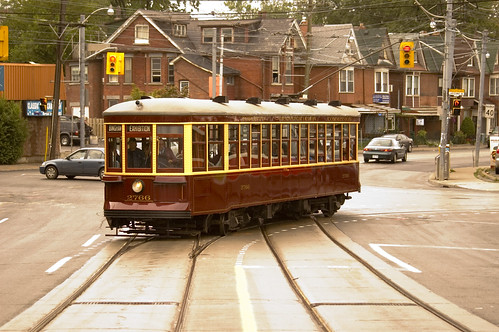 Light Rail
Light Rail > Refers to rail systems with rapid transit-style features that usually use electric rail cars operating mostly in private rights-of-way separated from other traffic but sometimes, if necessary, mixed with other traffic in city streets. Light rail vehicles are never mixed with freight trains.


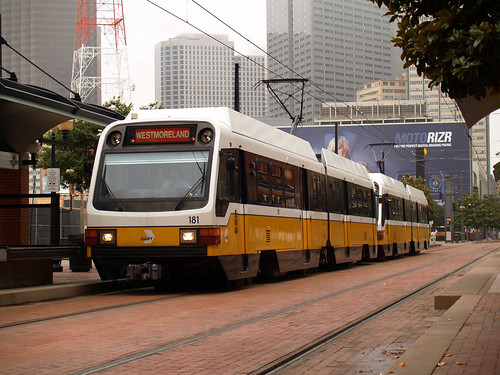 Metro (Heavy) Rail
Metro (Heavy) Rail > A rapid transit, metro(politan), subway, underground, or elevated (railway) system is an electric passenger railway in an urban area with high capacity and frequency, and which is grade separated from other traffic always in their own right-of-ways. Metro lines never run down city streets.
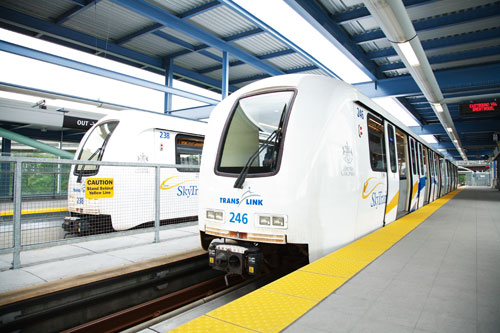

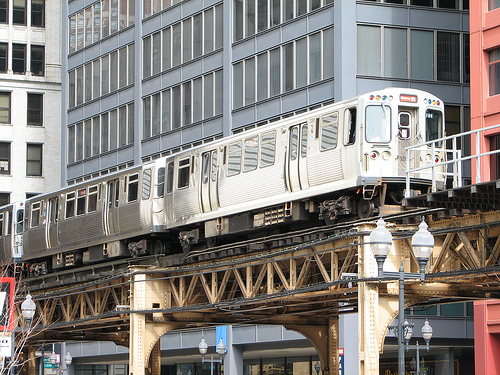 Light Trains
Light Trains > Lightweight DMU trains, are built too light to meet FRA compliance. Are often referred to as light rail without electric lines, although lightweight EMU trains are also built. They're also called commuter rail trains, but make no mistake, they're too light to share the same tracks with freight trains.
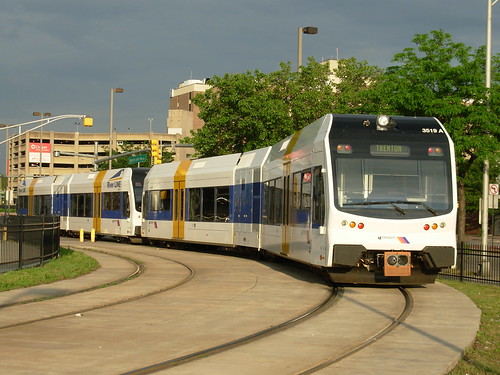

 Heavy Trains
Heavy Trains > FRA compliant trains that can run on the same tracks as freight trains. Most often called commuter rail.


